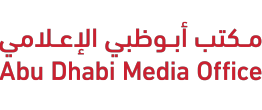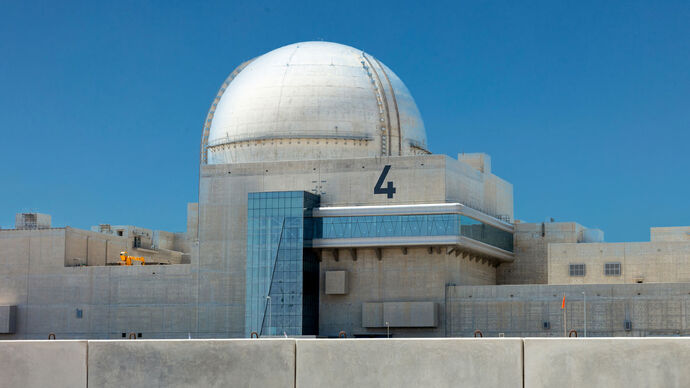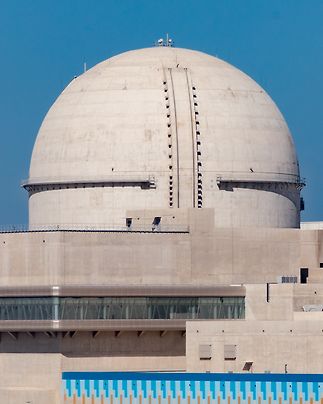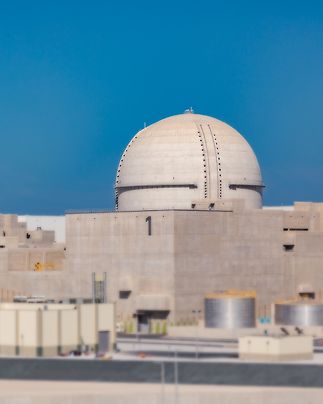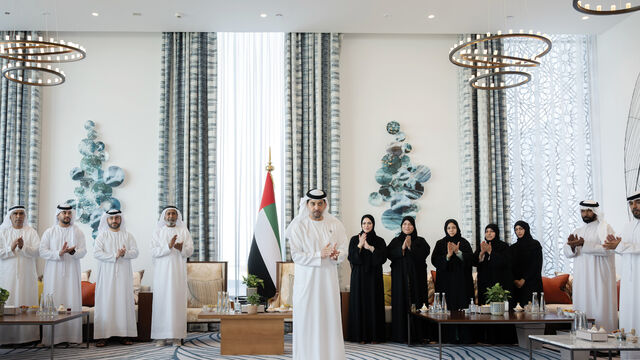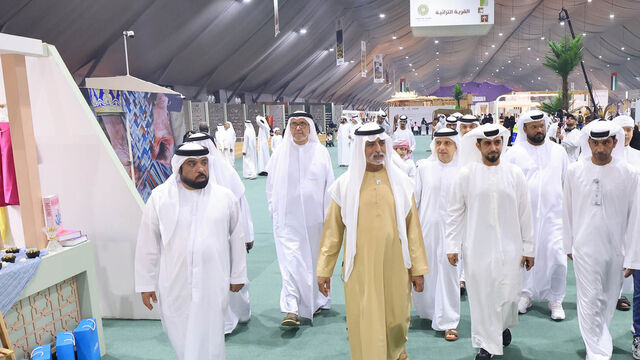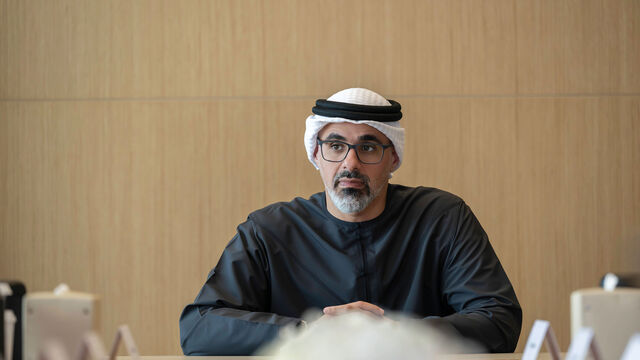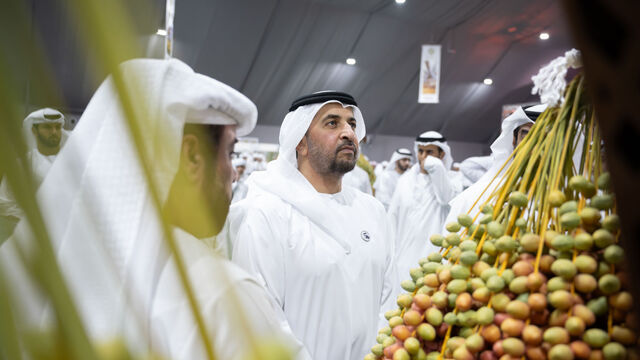The Federal Authority for Nuclear Regulation (FANR), the UAE’s independent nuclear regulator, has issued the operating license for Unit 4 of the Barakah Nuclear Power Plant to Nawah Energy Company (Nawah), which is responsible for the operation of the nuclear power plant located in the Al Dhafra Region, Abu Dhabi.
The operating license, with a duration of 60 years, authorises Nawah to commission and operate the Unit 4 of the Barakah Nuclear Power Plant.
The decision to issue the operating license is a culmination of efforts made by FANR since it received the operating license application from Nawah in 2017. FANR has conducted a thorough assessment of the application documentation, conducting robust regulatory oversight and inspections in the areas of safety, security and safeguards.
The assessment included reviewing the plant’s layout and the analysis of the site’s location in terms of geography and demography. The assessment also included the detailed review of the reactor design, cooling systems, security arrangements, emergency preparedness, radioactive waste management and other technical aspects. FANR also assessed Nawah’s organisational and manpower readiness with all the required processes and procedures to ensure the safety and security of nuclear power plant. All reviews and oversight ensured that Nawah was in compliance with all regulatory requirements.
His Excellency Ambassador Hamad Al Kaabi, UAE Permanent Representative to the International Atomic Energy Agency (IAEA) and Deputy Chairman of the Board of Management of the Federal Authority for Nuclear Regulation (FANR), said: “Today marks a historic moment for the UAE, where it realised its vision that started 15 years ago in developing the first-in-the-region peaceful nuclear energy programme. The success of the UAE Nuclear Energy programme and the ability to deliver it within a record span of time, adhering to the best international nuclear safety, security and non-proliferation standards, made the country a role model for many nations who are embarking on developing a nuclear energy programmes. The UAE Nuclear programme will play a key role in providing 25 per cent of clean energy; hence, supporting the UAE Government efforts to achieve its 2050 net zero goals.”
Following the issuance of the operating license for Unit 4, Nawah will undertake a period of commissioning to prepare for the commercial operation where FANR will conduct around-the-clock inspections, using its resident inspectors located at the Barakah Nuclear Energy Plant in addition to deploying other inspectors, to ensure the fuel load and power accession processes are completed according to regulatory requirements.
Christer Viktorsson, Director General of the Federal Authority for Nuclear Regulation (FANR) said: “The review of the operating license application for the Unit 4 was conducted by a team consisting of 90 per cent Emirati nuclear experts. This indicates the success of FANR’s strategy in building the capability and skills of Emiratis to regulate the nuclear sector and ensure its safe operation.”
To ensure implementing the highest international standards of nuclear safety, security and non-proliferation, the UAE received in the past decade 12 major peer review missions from the IAEA to review and assess various aspects from nuclear infrastructure, the legal and regulatory system, nuclear safety, nuclear security, emergency preparedness and non-proliferation. The reports from the missions of the IAEA are publicly available.
In February 2020, March 2021 and June 2022, FANR issued the operating licenses for the Unit 1, Unit 2 and Unit 3 respectively of Barakah Nuclear Power Plant and will continue to maintain its regulatory oversight for the entire period of operation of the 4 units.
One of the principles of the nuclear policy is transparency to which the UAE Government has been committed to by adhering to international conventions and agreements such the IAEA’s Safeguard Agreement and its Additional Protocol and the Convention on Nuclear Safety and other instruments. Such commitments ensure the programme is designed for peaceful purposes and in line with national and international laws.
